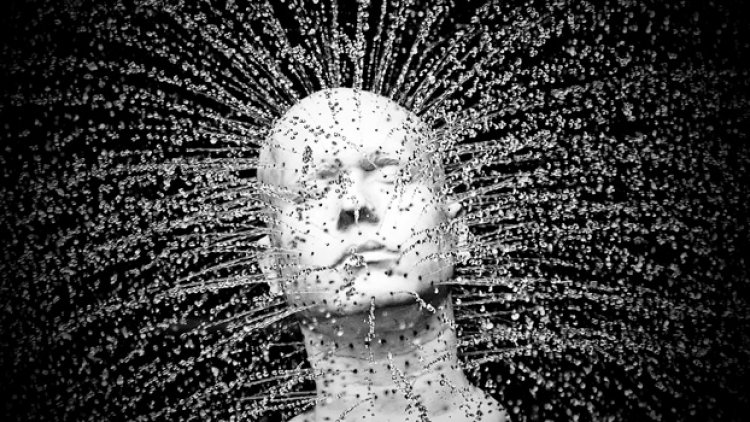The notion that human beings must be of one mind is ridiculous.
We are meaty chaotic systems. The fact that we even make decisions indicates that on several levels we compare and contrast different possible outcomes.
If you prefer, remember Whitman (which I creatively paraphrase here): “If the things I do or think seem confusing, accept it. I am vast and contain multitudes, many of which disagree.”
Maybe we make a decision that’s difficult, and that offers us avenues of regret, but we still recognize that it’s the best decision we can or could make, given the information we had at the time. Avoiding regret is no reason to avoid making a difficult decision.
On the other hand, just because we experience pleasure at the outcome doesn’t mean that we made the best decision. If Santa Claus brought me a nickel for every relationship that was broken by one or more of the partners doing something bad for the relationship that “felt good,” then I would have quite a lot of nickels. My bank would frown on me bringing that many nickels in for a deposit. Seriously. Seeking pleasure is also not a reliable indicator that a particular decision best suits the circumstances.
Can someone avoid regret? Can someone seek pleasure? How does that fit in with decision-making?
This is what I do:
When I am faced with a difficult decision, I collect advisers that I think are well-suited to helping me work out the elements of the issue. Advisers might include one or more partners, or maybe only myself1, or maybe my cat2. We hash out the different elements, the different decision branches, the pluses and minuses of the issue. I think of this as similar to Captain Picard asking his bridge crew into the Ready Room to discuss something3. Everyone offers their opinions, but ultimately, it’s the Captain’s ship, and he makes the final decision. Then, I shoo out all those advisers. If not physically, then mentally. The ultimate point of decision-making is mine, but I need my advisers to help me explore the ramifications.
Just like Picard. Except I’m not fictional. As far as I know, anyway.
Then I make my decision.
I make a decision based on what information I have, and with the purpose of achieving the best results.
On the surface, that’s simple4.
Sometimes it is not one of the pleasurable choices. Sometimes it is a choice that includes regrets.
I have made many choices that included regrets, but that doesn’t mean I wouldn’t make them again.
I accept regret and pleasure as elements that often accompany decision-making. I don’t use them as the decision-making flag, but they are a part of the process. As a part of the process, they remain with the package. I also accept the responsibility of the decision. I accept that I made the best decision I could at the time. It still might not have been the best decision afterward, but I just have to accept that.
I make myself okay with that. I kinda have to, seeing as how I don’t have a time machine and I don’t want to spend all my time in the local tavern crying into the Old Letterman’s Jacket of Regret5.
It’s worth noting that sometimes, after the fact, I discover that not only would another choice have been better, but that I can make that other choice. Like opening up a paper bag to find it full of centipedes instead of Peanut Butter Mountain candy bars. In those cases, I can go ahead and trade bags back — it’s not as if I’ve already started eating the centipedes.
Now, if it helps anyone else, great. If it confuses them, well, that’s not an issue I want to get overly worried about. No offense.
I’ve just been seeing an awful lot of rhetoric lately that suggested “pleasure = right decision” and “regret = wrong decision” and I wanted to make a note that I think this notion is pretty fucked up.
For the record.
- I don’t know about you, but I talk to myself all the time. Sometimes I answer back. Sometimes people edge away from me in elevators and on the bus.
- Well, I pet him a lot, but technically, he’s not my cat.
- I use Star Trek metaphors a lot. If you’re not already used to it, you will be eventually.
- Not always easy, though.
- I’m sure you’ve seen this. If not literally, then figuratively.

